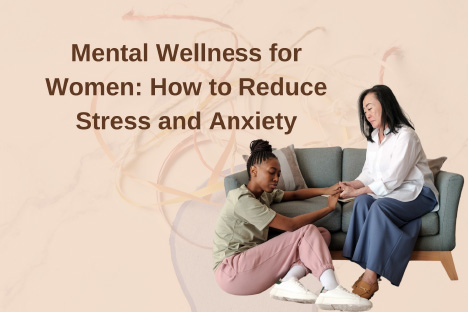10 Things Passive-Aggressive People Say to Erode Confidence

Communication is a powerful tool that shapes our relationships, both personally and professionally. However, not all communication is straightforward, and passive-aggressive people can be particularly insidious. Passive-aggressive individuals often disguise their hostility or frustration in seemingly innocent remarks, leaving a trail of doubt and uncertainty in their wake. In this article, we’ll explore 10 common phrases used by passive-aggressive people that can erode your confidence and provide insights into how to navigate these interactions.
- “Oh, I didn’t think you would understand that.”
This phrase is a classic example of passive-aggressive condescension. It implies that the speaker perceives themselves as intellectually superior, subtly undermining your abilities. Instead of confronting the issue directly, they choose to belittle your understanding, leaving you questioning your competence.
How to respond: Politely ask for clarification or additional information if needed. Avoid internalizing their condescension and focus on seeking clarity.
- “I guess you must have your reasons for doing it that way.”
This backhanded compliment is designed to make you second-guess your decisions. The passive-aggressive tone suggests that they don’t agree with your choice but are unwilling to express their disagreement openly. So, this can leave you feeling undermined and unsure of your judgment.
How to respond: Acknowledge their comment and confidently stand by your decision. If their opinion is important, encourage open communication to address any concerns.
- “You’re really not bothered by what others think, are you?”
This statement implies that your ability to remain unaffected by others’ opinions is a negative quality. Passive-aggressive individuals may use this tactic to cast doubt on your self-assuredness, making you question your emotional resilience and self-esteem.
How to respond: Affirm your confidence and assert that valuing your own opinions and decisions is a strength. Set boundaries and prioritize your own values.
- “Must be nice to have so much free time.”
This passive-aggressive remark is a veiled accusation that you’re not pulling your weight or that your accomplishments are somehow undeserved. It seeks to diminish your achievements by insinuating that you have an abundance of leisure time.
How to respond: Share the effort you put into your work or accomplishments, and politely correct any misconceptions. Highlight your dedication and commitment.
- “I was just joking; don’t be so sensitive.”
When someone makes a hurtful comment under the guise of a joke, it’s a classic passive-aggressive move. If you express discomfort, they dismiss your feelings by labeling you as overly sensitive, effectively undermining your emotions and concerns.
How to respond: Set boundaries by expressing that certain topics are off-limits for humor. If they persist, calmly but firmly communicate the impact of their words.
- “I wish I had your carefree attitude.”
This seemingly innocent statement carries an undercurrent of sarcasm, suggesting that your optimism or positivity is not genuine but rather a façade. It can make you question the authenticity of your emotions and attitude.
How to respond: Emphasize the importance of a positive mindset and express gratitude for the ability to approach challenges with optimism.
- “I could never pull off that look, but it suits you.”
This comment is a passive-aggressive way of critiquing your choices while maintaining a facade of complimenting you. Moreover, it subtly implies that your choices are unusual or inappropriate, subtly undermining your self-expression.
How to respond: Thank them for the compliment and confidently assert that personal style is subjective. Reinforce your belief in expressing individuality.
- “I don’t want to sound mean, but…”
The classic precursor to a passive-aggressive remark, this phrase attempts to soften the blow while allowing the speaker to deliver criticism. It sets the stage for negative feedback while pretending to express concern about the impact of their words.
How to respond: Politely but assertively express that you value open communication and encourage directness. Request clear feedback without the need for sugarcoating.
- “You’re taking things too seriously.”
When confronted about their passive-aggressive behavior, some individuals may attempt to deflect blame by dismissing your concerns. This phrase implies that you are overly sensitive or lack a sense of humor, further gaslighting your perception.
How to respond: Stand firm on your concerns, express the impact of their words on you, and insist on respectful communication.
- “I thought you knew better.”
This remark combines condescension with a passive-aggressive critique of your capabilities. Moreover, it suggests disappointment in your actions or decisions, subtly eroding your confidence and making you doubt your competence.
How to respond: Seek clarification on their expectations and calmly address any misunderstandings. Reinforce your commitment to improvement and learning.

In conclusion, recognizing passive-aggressive people is the first step in safeguarding your confidence and emotional well-being. Responding assertively, setting boundaries, and maintaining self-assurance can help you navigate these challenging interactions with resilience and strength. Remember, your confidence is an asset, and it deserves protection from the subtle underminings of passive-aggressive language.










